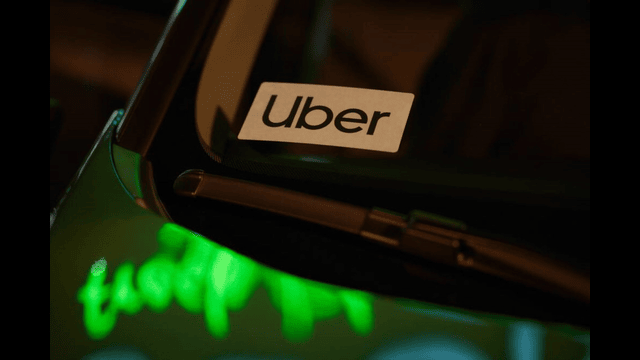
The US and Canadian flags were seen flying in Windsor, Ontario, on March 8, near the Ambassador Bridge. Getty Images
Canada has issued a warning to its citizens heading to the United States. The government says US border officers can check personal electronic devices like phones, tablets, and laptops. They don’t need to give a reason. This means that Canadians visiting the US should be ready to face extra checks at the border.
The updated travel notice advises people to expect this kind of inspection. If someone refuses to hand over a device, officers may take it away. They may also stop you from entering the US or cause long travel delays.
US border agents can even ask for passwords to unlock phones and laptops. If you don’t give the password, they might keep your device. This could slow down your trip or even lead to being turned away.
The Canadian government suggests switching devices to airplane mode before reaching the border. This helps stop automatic downloads from the internet that may raise red flags.
This new advice comes after recent incidents. One high-profile case involved Dr. Rasha Alawieh, a Lebanese physician and university professor. She got deported last month after US officers at Boston’s airport found deleted photos on her phone. The images included pictures of Hezbollah’s late leader Hassan Nasrallah and Iran’s Supreme Leader Ayatollah Ali Khamenei.
Officials found the photos during a search at Logan International Airport. According to court documents, Dr. Alawieh explained that she deleted the photos just before traveling. She said she did not want officers to think she supported either group in a political or military way.
This case caught attention because of the sensitive nature of the images. It shows how closely border agents are looking at digital content, even deleted files.
The US says these searches are important for national safety. Officials believe checking devices helps stop threats before they enter the country. They also argue that these searches fall under legal rights given to border staff.
However, many civil rights groups don’t agree. They say the practice goes too far and invades personal privacy. These groups argue that searching someone’s phone is like looking through their entire life.
The US Supreme Court has backed the current policy. It ruled that border officers don’t need a warrant to search devices. The court explained this under the “border search exception,” which gives officers extra power near the country’s borders.
Canadians planning trips to the US should now take extra care. The government advises them to clean up digital devices, avoid storing sensitive content, and be ready for questions. This warning helps travelers prepare for what may happen at the border.















